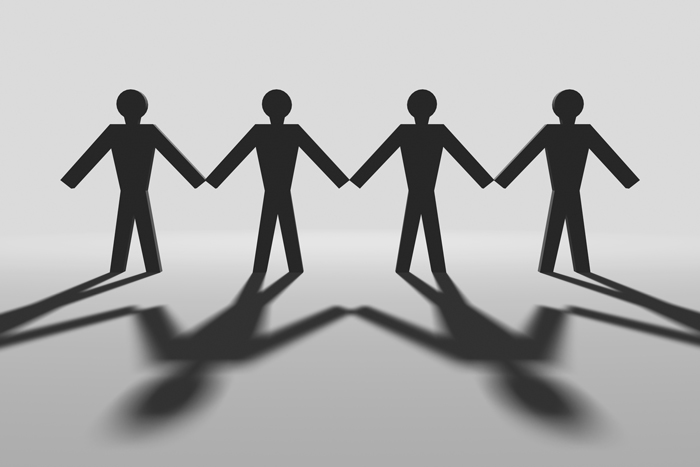“Codependency” has always been part of the conversation about substance abuse recovery.
Even though the media often throws around the term lightly, codependency is a real and problematic relationship pattern that must be addressed. So, what is codependency, and how do you know if you are in a codependent relationship?
The Mental Health America Network (MHA) defines codependency as “an emotional and behavioral condition that affects an individual’s ability to have a healthy, mutually satisfying relationship.” While the term was originally used to describe relationships where substance abuse was present, it soon began to be applied to relationships with chronically or mentally ill partners, and today, “the term has broadened to describe any co-dependent person from any dysfunctional family.”
The following are symptoms of codependency (MHA, PsychologyToday):
- When your own identity, self-esteem, goals, and emotions rely on the actions of others (i.e. continual seeking of approval and affirmation from outside of yourself)
- Difficulty with setting boundaries and saying no, with intimacy, and with releasing control over others
- Distress when communicating your feelings, asserting yourself over others, making decisions, and adjusting to change
- When the fear of losing a relationship or of being abandoned affects your actions and intentions
- “A tendency to confuse love and pity, with the tendency to ‘love’ people they can pity and rescue” (MHA)
- Feelings of depletion and anger because “you often respond to what others want from you without considering what you need” (PsychologyToday)
If any or a combination of these symptoms resonated with you or flashed some red flags, then you might be struggling with codependency. If that is the case, there are two important things to know:
- You are not at fault.
- You can get help, and you can break free of your codependent patterns.
You are not at fault
Similar to how addiction is not a choice but is a biological illness, codependency is not a choice but a subconscious coping mechanism or learned behavior. The MHA explains that codependent actions, tendencies, and mindsets are usually adopted as ways to cope with the inability to help or “fix” a loved one struggling with an addiction, mental illness, or a similar conflict. Codependency can also come about as a method of suppressing or ignoring the ways that one family member’s struggle is affecting the rest of the members.
The MHA continues to explain that codependency is often “hereditary” in that it can be unknowingly passed down, as it “is learned by watching and imitating other family members who display this type of behavior.” It is a vicious cycle; if a mom becomes codependent in order to cope with a husband struggling with substance abuse, their daughter might also develop codependent habits in order to care for her mother’s emotional well-being.
MHA reminds us that codependent people “have good intentions” and that their actions often have positive results for those whom they are caring for. But it is these positive results that make codependency so dangerous. The line between being a caring person and being a codependent person is crossed when the act of caretaking “becomes compulsive, choiceless, and [therefore] defeating.”
You can get help, and you can break free of your codependent patterns:
Even though codependency is not a result of a choice that you have made, you can make a choice to become independent. The first step towards changing an unhealthy codependency is education on the subject and identifying it in yourself and in your relationships–which you have already started by reading this article!
Once you are ready to start the process of gaining back your individuality and independence, then you can start learning how to support your loved one in a way that is healthy and beneficial for both of you.
MHA explains that “treatment often involves exploration into early childhood issues and their relationship to current destructive behavior patterns…The goal is to allow [clients] to experience their full range of feelings again.”
In conclusion, if you could identify with some of the codependency symptoms, there are many resources and people that can help you. If you live with someone who is struggling with substance abuse, you can find help and support from groups like Al-Anon. Remember that you cannot take care of anyone else if you are not first taking care of yourself.
www.psychologytoday.com/blog/intimacy-path-toward-spirituality/201711/are-you-codependent-or-just-caring-person










